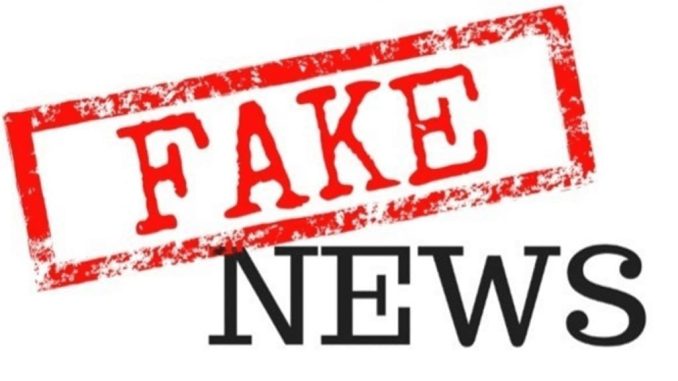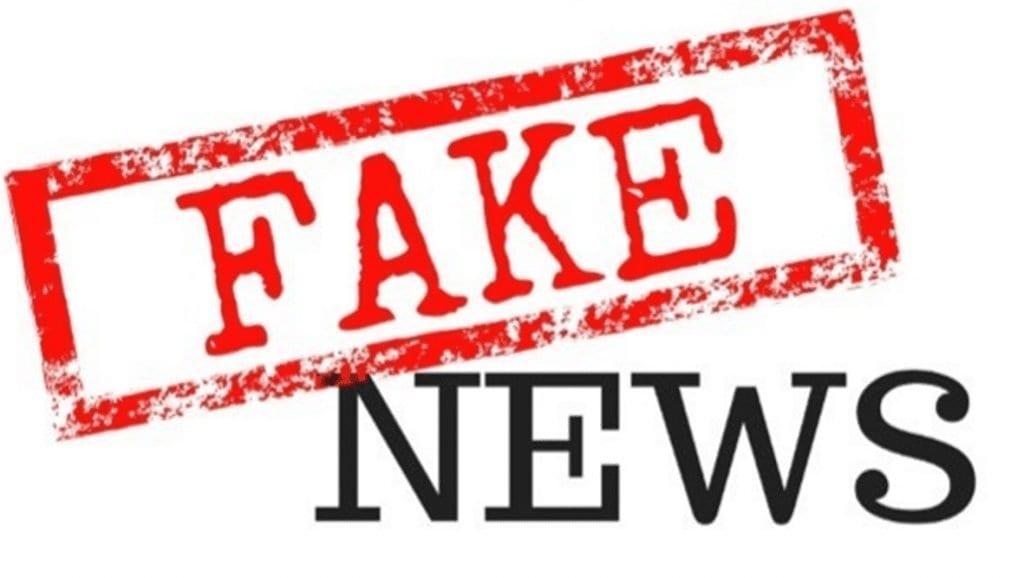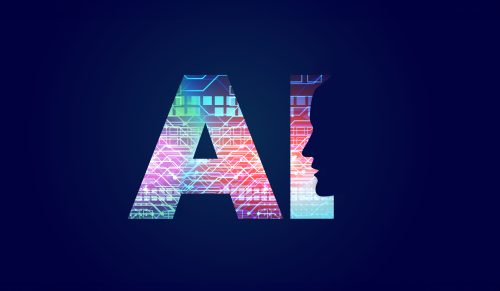

Here are five celebrities who have suffered from fake news:
Kim Kardashian:
Kim Kardashian has been the target of fake news stories related to her high-profile relationships. For example, there were false reports claiming she was planning to marry a fictional character or that she was involved in a secret love affair with another celebrity.
In 2016, a widely circulated fake news article claimed that Kim Kardashian was robbed of millions of dollars’ worth of jewelry in Paris, but it turned out to be a well-planned hoax.
Donald Trump:
During his presidency, Donald Trump faced numerous instances of fake news. One notable example was the “Sharpiegate” incident, where a fake weather map was altered to support his statement about Hurricane Dorian’s path, leading to confusion and controversy.
False claims about Trump’s immigration policies, alleged remarks, and endorsements from fictitious organizations also contributed to the spread of misinformation during his time in office.
Oprah Winfrey:
Oprah Winfrey has been a target for fake news stories that involve fabricated endorsements. In one instance, a fake news article falsely claimed she had invested in a cryptocurrency scheme.
There have been fake interviews circulating online, where Oprah was falsely quoted as supporting various controversial causes or endorsing products she had no association with.
Britney Spears:
Britney Spears has faced persistent fake news and conspiracy theories surrounding her conservatorship. False claims have circulated suggesting that she was being held against her will or that she had lost control over her life.
Misinformation about her mental health struggles often lacks context and has contributed to public confusion and debates about her legal situation.
Ellen DeGeneres:
Ellen DeGeneres has been the subject of fake news stories, particularly regarding her talk show. There were reports claiming she was quitting her show due to controversies surrounding her behavior.
False accusations and fabricated scandals involving Ellen have been shared online, leading to public discussions about her reputation and career.
These highlight how fake news can impact celebrities, often leading to public confusion and misinformation. It is crucial to rely on credible sources and fact-check information before accepting it as true, especially when it concerns public figures.
Dealing with fake news can be challenging, but there are some strategies to consider:
– **Fact-checking**: Always verify the information from multiple reliable sources before believing or sharing any news.
– **Promote media literacy**: Educate yourself and others about how to spot fake news, including checking the source, looking for credible citations, and being skeptical of sensational claims.
– **Report fake news**: If you come across fake news, report it to the platform where you found it. Many social media sites have mechanisms for reporting false information.
– **Seek legal action**: In some cases, celebrities may choose to take legal action against those spreading false information to protect their reputation and privacy.
– **Stay calm and composed**: Celebrities should avoid reacting emotionally to every fake news story and instead focus on addressing the issue calmly and professionally when necessary.
Combating Fake News with Artificial Intelligence (AI)

Artificial Intelligence (AI) is indeed playing a significant role in reshaping the landscape of fake news. AI technologies are being used to detect and combat the spread of misinformation and fake news online. Here’s a brief overview:
Automated Fact-Checking: AI-powered tools are being developed to automatically fact-check news articles and social media posts in real-time. These tools can flag potentially false information and provide users with accurate information.
Content Moderation: AI algorithms are used by social media platforms to identify and remove fake news and harmful content. These algorithms analyze text, images, and videos to identify misleading or false information.
Deepfake Detection: AI is also used to detect deepfake videos and images, which are manipulated to deceive viewers. AI algorithms analyze facial expressions, voice patterns, and other factors to identify deepfakes.
Predictive Analysis: AI can analyze patterns of fake news dissemination to predict and prevent its spread. Machine learning models can identify suspicious trends and sources of misinformation.
Natural Language Processing (NLP): NLP techniques are used to understand the context and sentiment of articles and posts. This helps in identifying misleading or biased content.
In summary, fake news poses significant dangers by spreading falsehoods, eroding trust and having real-world consequences for everyone. It is crucial for individuals to critically evaluate information sources and for society to address the root causes.
Leave a Reply